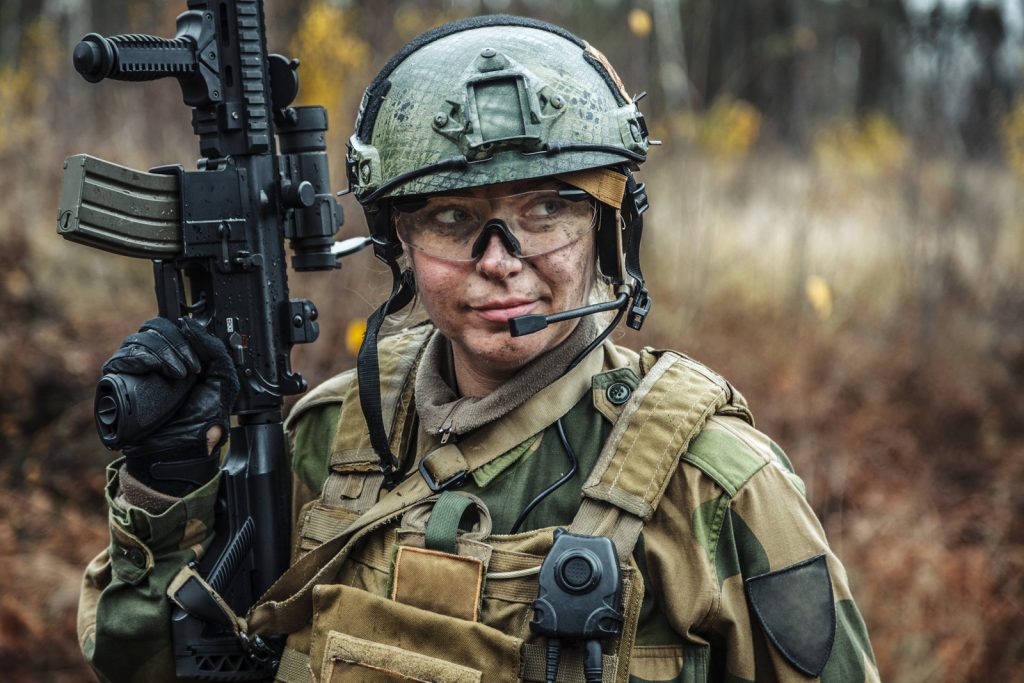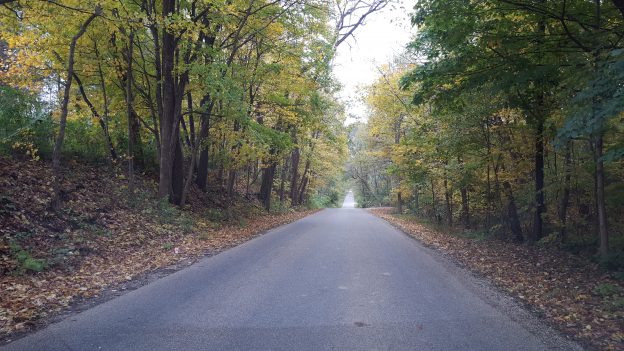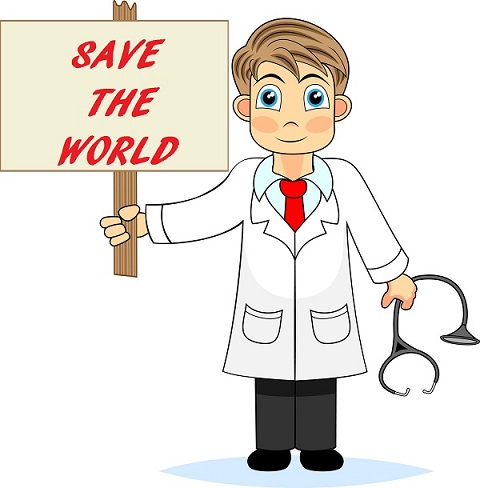I came across the plaintive tale of a young OB/GYN physician, Dr. W, who decided to bail out of practice after less than a decade. She gave several reasons: falling asleep while driving home and wrecking her car; missing out on birthdays and weddings; sticking herself with a needle while drawing blood from the umbilical cord of an HIV positive patient and felling like crap while taking prophylactic antiretroviral drugs. Worst of all, she discovered health care wasn’t what she thought it was when she started residency, and that physicians are “only pawn in game of life,” albeit very well-paid pawns.
I can hear the ghosts of the old timers saying, “See, we told you women had no place in medicine!” I can also hear the voices of the women with whom I went through medical school four decades ago yelling, “Shut the fuck up! Do you have any idea what we had to endure so that no one now thinks twice about women in health care?”
Being a physician isn’t a nine to five job unless you’re a dermatologist. Obstetrics is a grueling, physically demanding profession and four years of residency should have made that intuitively obvious. Babies arrive at all hours. So do emergencies like ectopic pregnancies and twisted ovaries. Someone has to take care of those patients and sometimes we must go above and beyond the call of duty in the name of patient care. Good labor nurses frequently stay past the end of their shifts to follow through on pending deliveries.
My first post-residency job was in rural Michigan with a former fellow resident. We did every other night call which turned into solo call when one of us took vacation. Two years later I joined three ob/gyns at a staff-model HMO, doing call every fourth night and every fourth weekend. I did 250 deliveries a year, four years in a row. Sometimes it was so exhausting – I didn’t know my own name after doing thirteen deliveries one weekend – but it was nowhere near as bad as residency.
Those of us who’ve been in this biz for a while aren’t oblivious to the dangers of sleep deprivation. The Institutes of Medicine, the Joint Commission, and even The American College of Obstetricians and Gynecologists (ACOG) recognize the problem. But you made one choice when you entered residency and another choice when you started practice. There’s a middle ground between working yourself into an early grave and quitting altogether. You just have to find it.
I’m a hospitalist in a town with about forty OB/GYN physicians, mostly women, in groups of six to ten. Most of them are mothers; one of them has six kids! They take call a few times a month. Yeah, sometimes staying up all night gets old, but they are making far more money than I could ever fathom and it’s hard to walk away from those golden handcuffs. Working part-time is one possibility but you can’t expect a full-time salary.
Dr. W. said, “no one wants to hear a doctor complaining about their job.” No shit, Sherlock. What makes you think physicians are the only people who work odd hours, miss out on family events and suffer from sleep deprivation? Municipal workers where I live (the Midwest) stay out all night plowing and salting snow-covered roads in the winter. Many sales reps spend a lot of time driving or flying to clients and living out of suitcases. Store managers are the first to get called in if there’s trouble – a fire, a water main break, a burglary – and they fill in on the floor when someone doesn’t show up for work. My brother-in-law calls his Asian-Pacific vendors in the dead of night because that is when they are doing business. Many of those people make a lot less money than you, but it’s part of the job and they don’t whine about it.
I had joint custody of three kids and worked full time. I picked them up from daycare and/or school, cooked dinner, bathed them and read them stories before tucking them in. I made them breakfast the next morning before getting them dressed and dropping them off. I did laundry, housekeeping and grocery shopping with no help. I missed some things, but my life was far easier than someone on active duty spending fifteen months in a war zone, just hoping to come home alive.
I’ve never worried about acquiring HIV from a needlestick because the chances are about 3 in 1000. I don’t double-glove when I do surgery because I can stick a needle through two pairs of gloves just as easily as one. I worried more about acquiring influenza from women who came to my OB Emergency Department hawking up hairballs this past flu season.
Health care started changing in the 1970s, not the mid-aughts of the 21st century. I came of age between the Great White Fathers who could do no wrong (and who had easy access to amphetamines, so they could function like superhuman gods), and the employed physicians of today who ceded autonomy for financial security and lost both. Administrators, insurance companies and the government started telling us what to do in the mid-1980s when the money got tight. Capitation, diagnosis-related groups (DRGs), relative value units (RVUs), and the overly complicated ICD-9 coding system (now the hilariously overly complicated ICD-10 system) made unending paperwork an integral part of practice. Medical coding and billing is a multibillion-dollar industry.
I left the rat race over twenty years ago, largely because I got tired of the people who signed my paycheck lying to me. I became a locum tenens physician and traveled around the country. I made a quarter of what I could have made in private practice, but I could just do my job, get paid and go home. No meetings. No hospital politics. No turf wars. If the situation became untenable, I could give thirty days’ notice and walk, something I did only twice. And, I didn’t have to pay a $150,000 tail for liability insurance.
What troubles me now is seeing a generation of physicians for whom practice appears to be just a job to endure until they make enough money to retire. I can honestly say that for me medicine was a calling (I was thirteen when I decided to go to medical school). Now I’m just praying for a quick and painless death in lieu of spending my golden years beholden to some baby doctor who doesn’t listen, can’t think and is just going through the motions.
Crying Girl: (c) Can Stock Photo / jirousova





